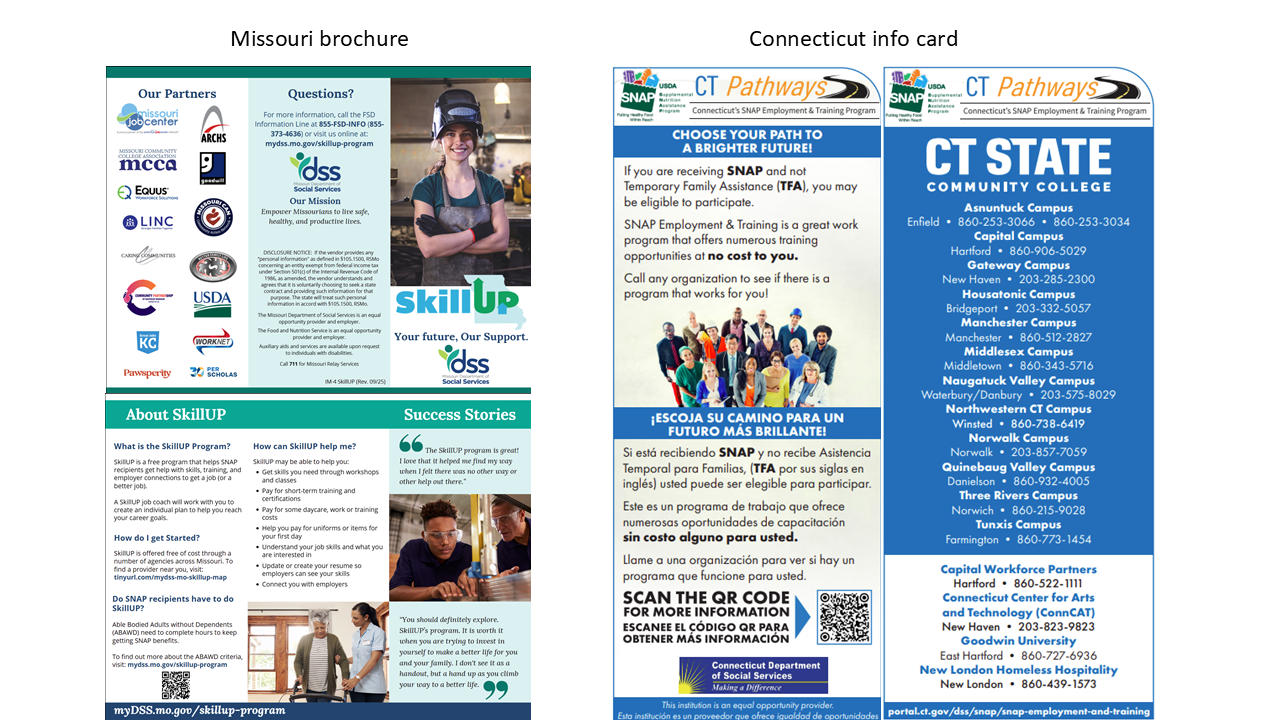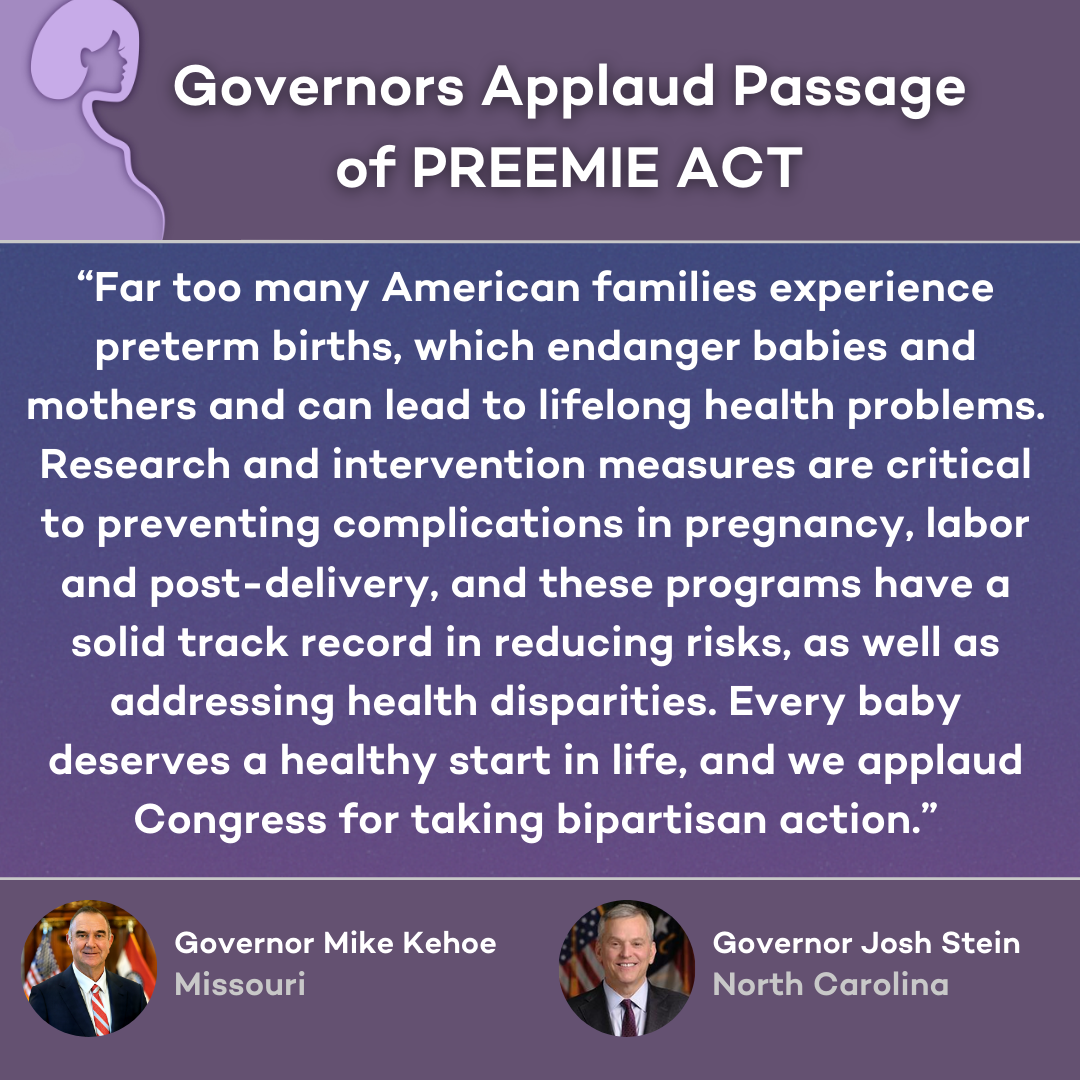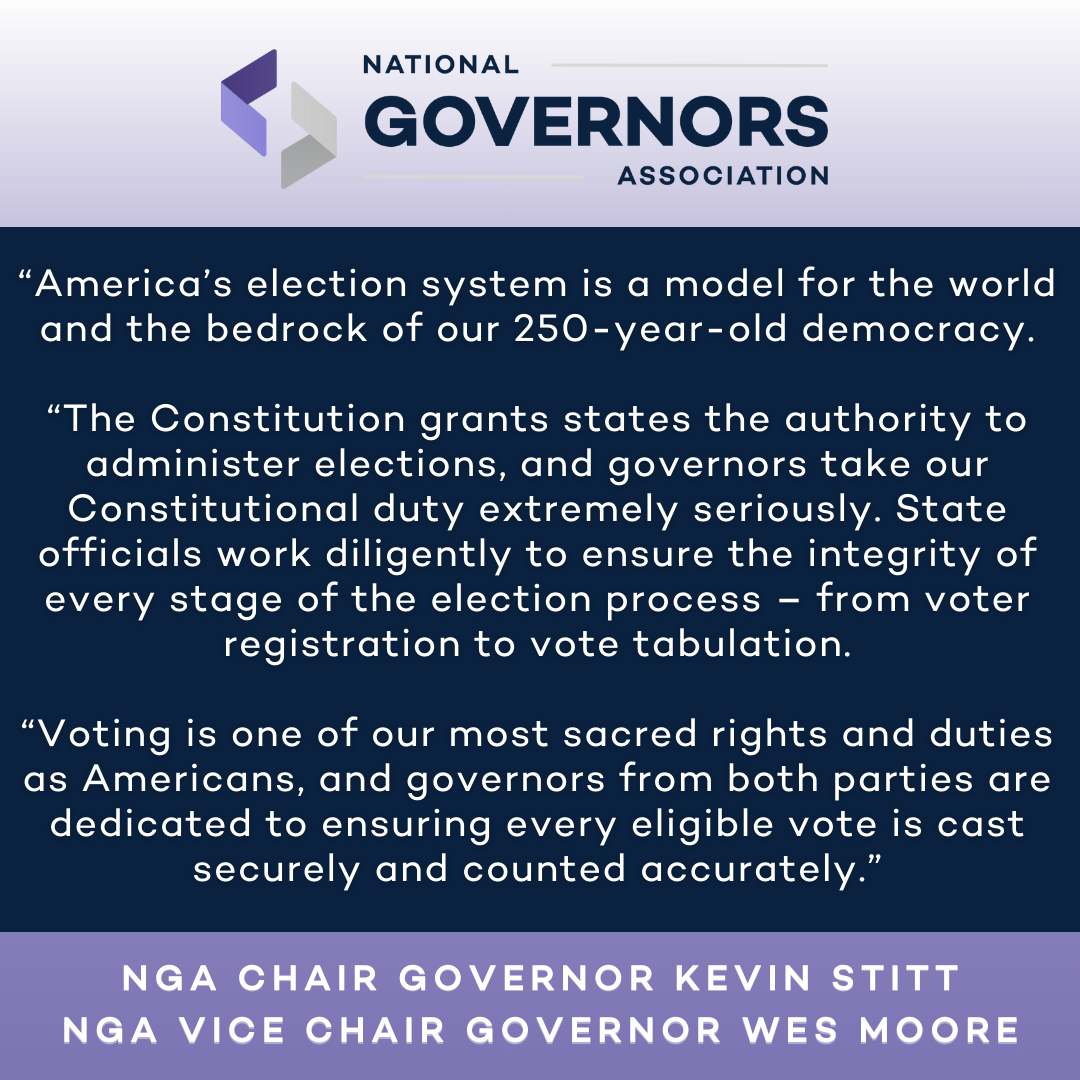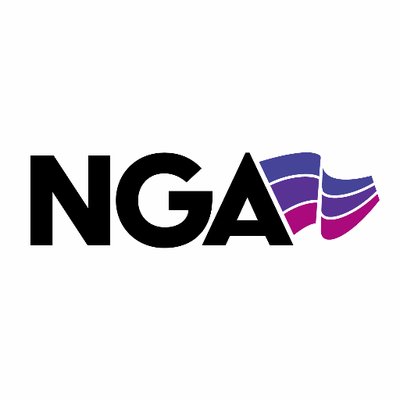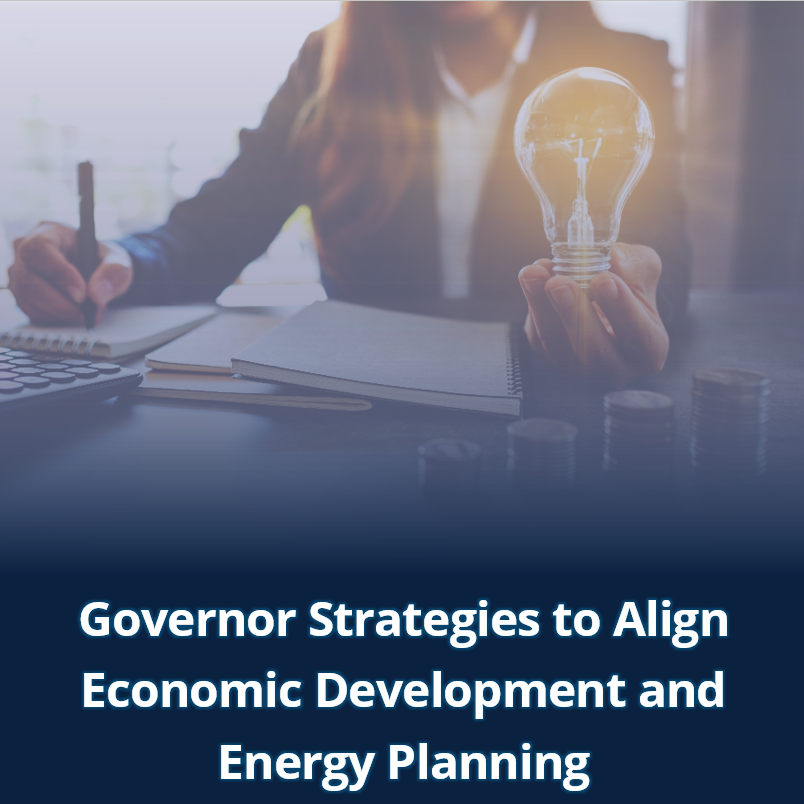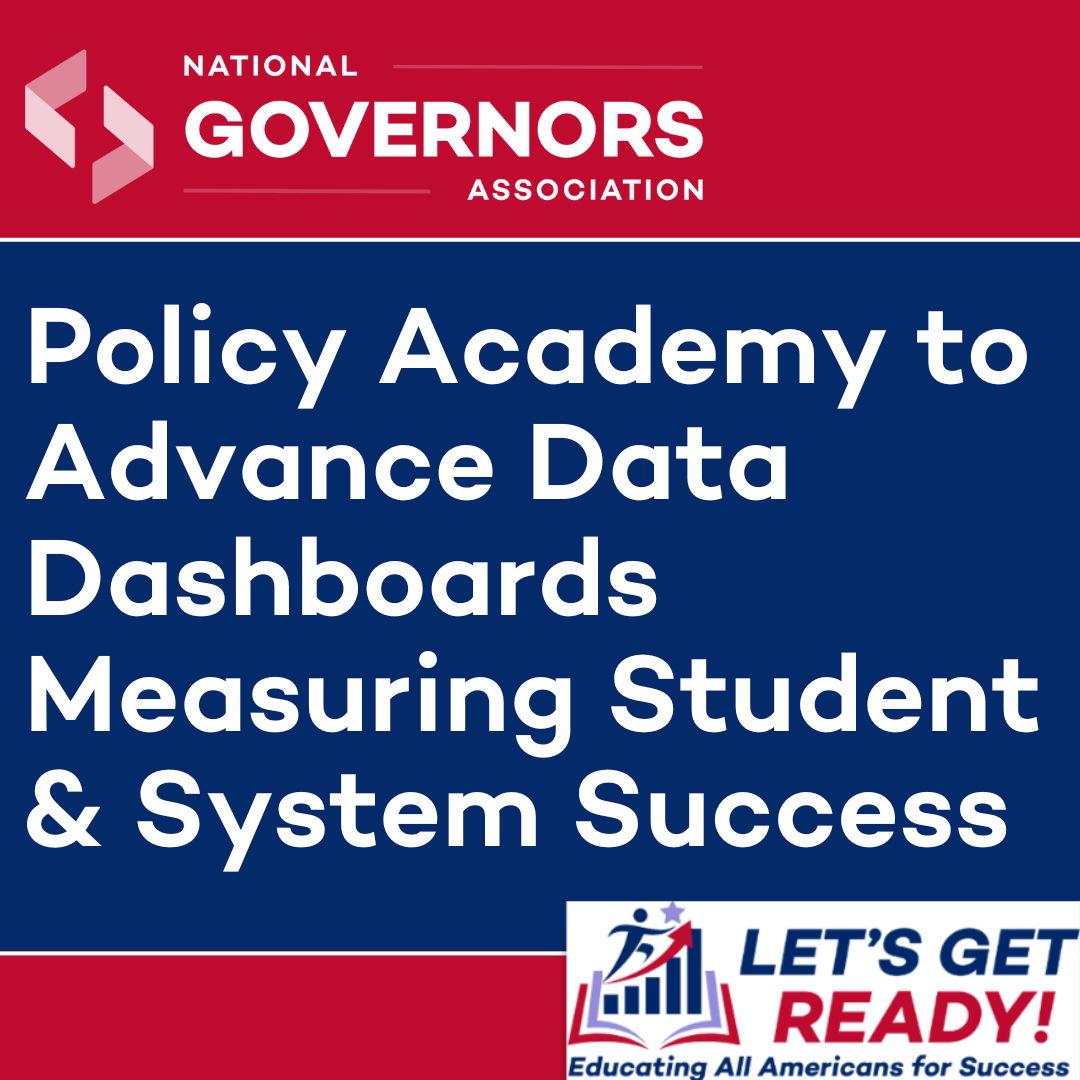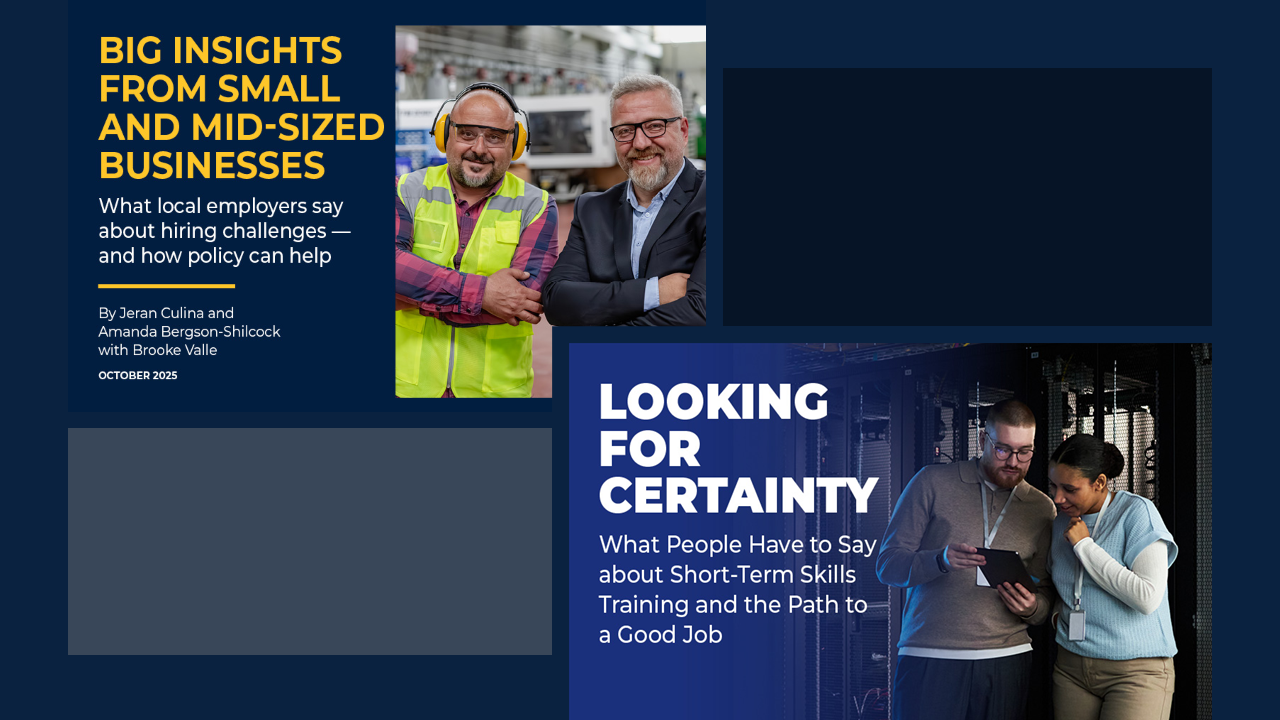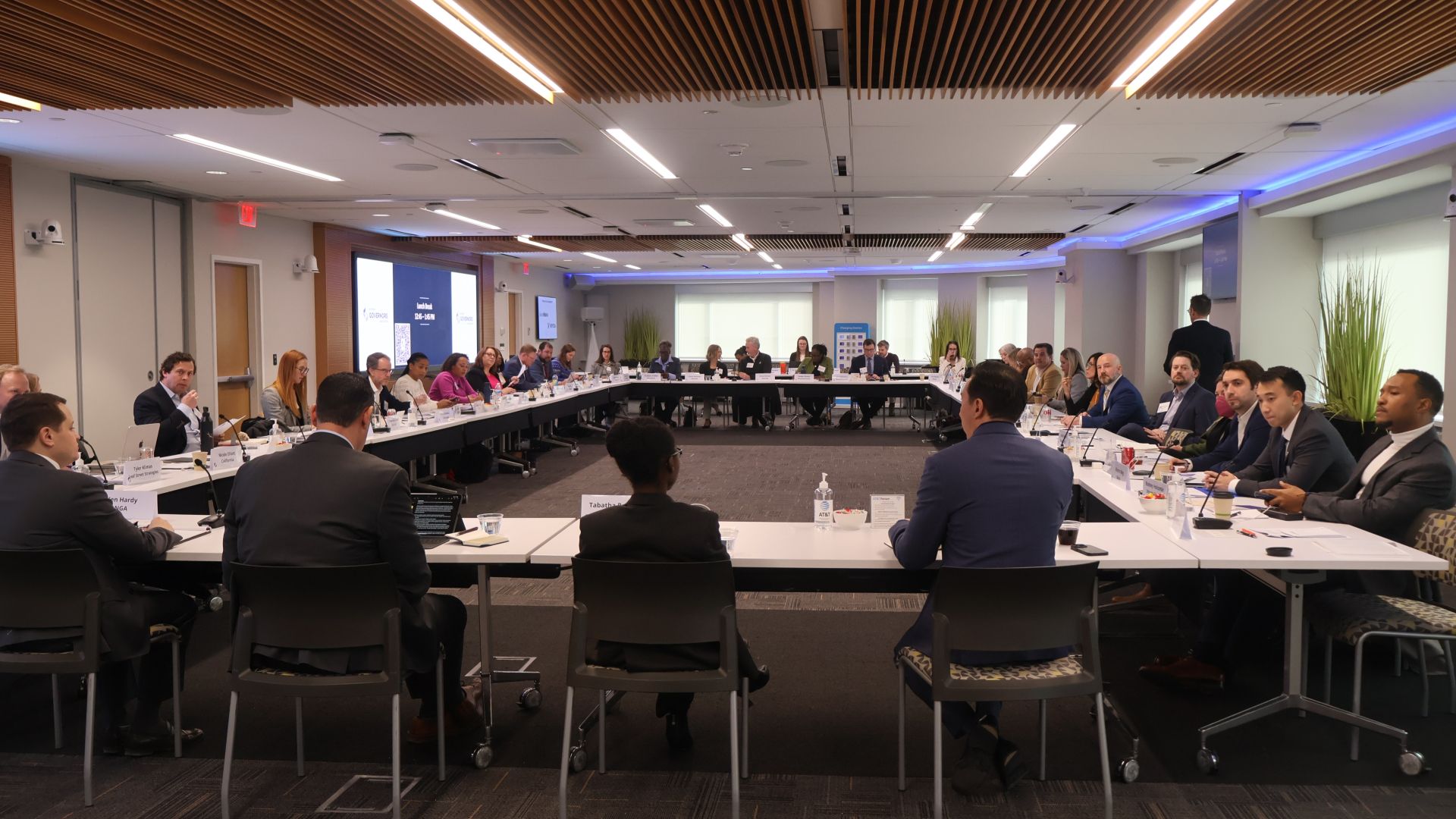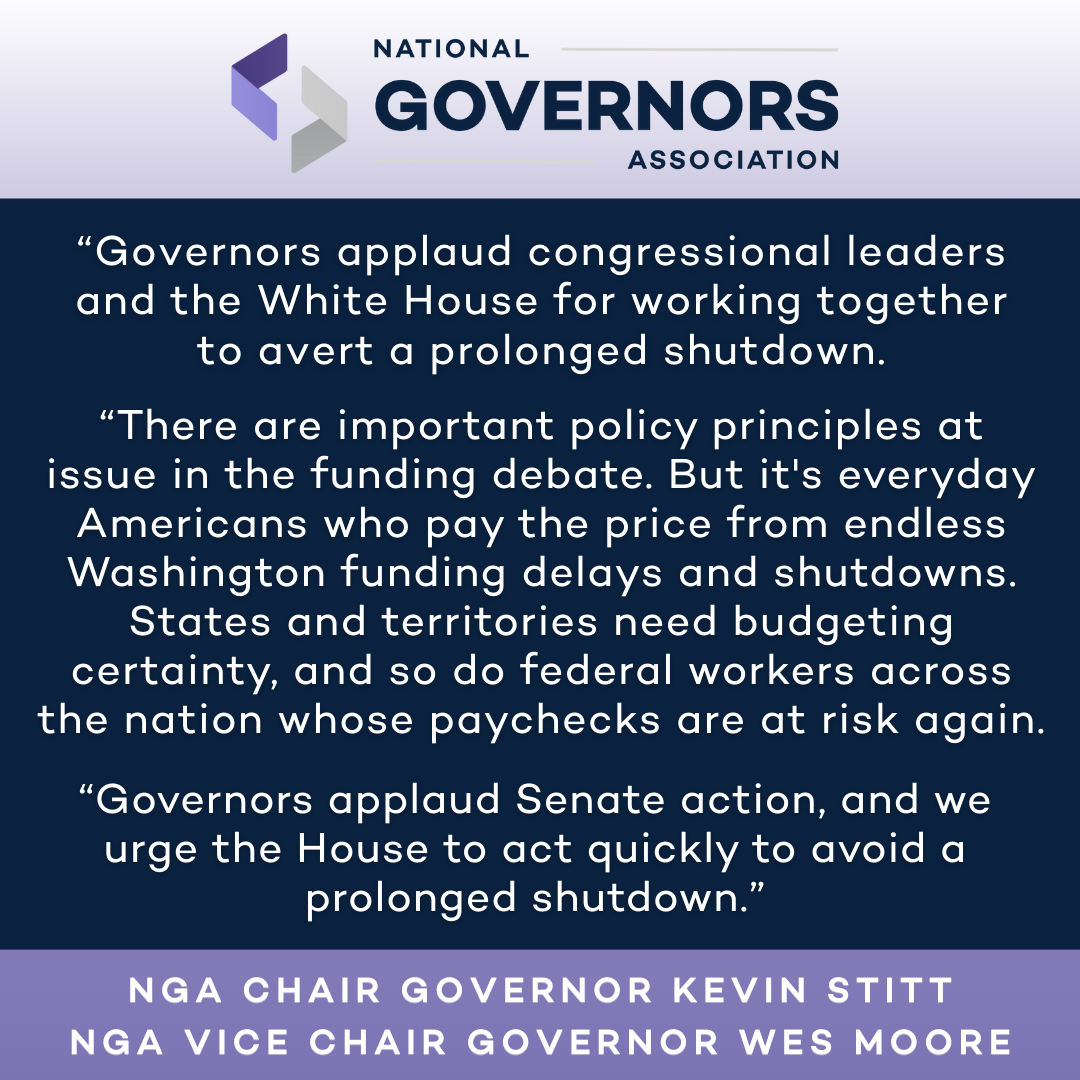Through Let’s Get Ready!, Governors are working with parents and educators not just to find new answers but to ask new questions. The Vancouver convening provided a valuable opportunity to collaborate with international counterparts to get a fresh perspective and learn how other nations are finding success in tackling common challenges in education.
One of those counterparts was Dr. Tan Oon Seng, Director of the Singapore Centre for Character and Citizenship Education. In that role, he has helped Singapore integrate academic rigor with soft skill development.
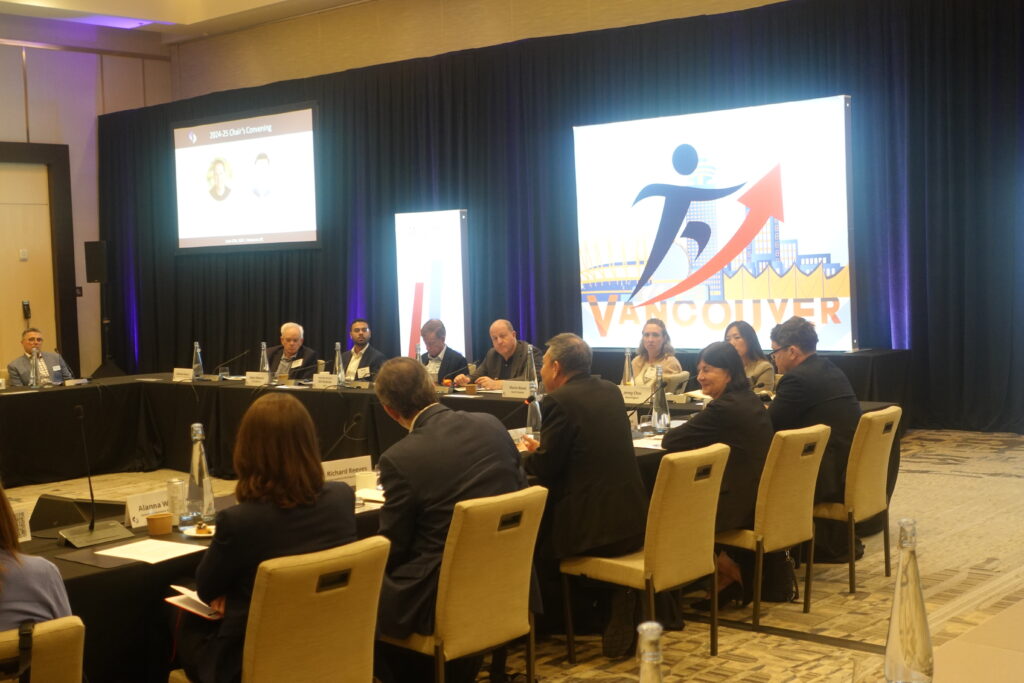
He joined NGA Chair Colorado Governor Jared Polis to share lessons learned from Singapore’s strategy to invest in character and citizenship education as part of a “whole child” approach to prepare students for success in the 21st century economy.
“Research shows that ‘soft skills’ – like grit, perseverance and responsibility – are very important to career success,” Governor Polis stated. “Companies tell us that; employers tell us that. But sometimes it’s hard to get buy-in to integrate them into instruction. Or we have a hard time measuring the outcomes as easily as we do in the core academic areas. We hope to learn from Singapore’s success in making investments in character, in citizenship education, as a core strategy for global readiness.”
“Before you can talk about skills and knowledge, I think the most important thing is values,” Dr. Tan began.
With rapidly evolving technology driving unpredictable changes in the job market, a top priority is teaching students how to learn and adapt.
“One of the things I’m preoccupied with in the Singapore system is [developing a] curriculum that goes beyond learning outcomes because of the way the world is changing. The curriculum [is focused on] the whole process of learning, the ecology of learning – and preparing our teachers as designers of the learning environment to shift the educational aims toward a more holistic learner.”
The Singapore system aims to imbue students with resilience, purpose, hopefulness and problem-solving skills they can count on to adapt to a changing economy. Curricula are designed around the two Cs:
- 1. Character, encompassing traits like independence, autonomy and being a good person; and
- 2. Competence, defined as the ability to climb any learning curve.
“It’s no use telling students ‘Oh, we do not know the future; jobs haven’t been invented [yet]. We don’t know what the economy [will do],’” Dr. Tan said. “Because it sends a very negative message to them, right? So the way is to give them that sense of hope, because hopelessness is the sure formula to any kind of deterioration, whether individually or as a society. The idea is to build in them that sense of personal agency. Purposefulness is very important to safety and psychological well-being. These are all very basic, multiple pathways for intellectual development and work fulfillment, and very importantly, incorporated in the curriculum lessons on character and stewardship to strengthen social emotional learning.”
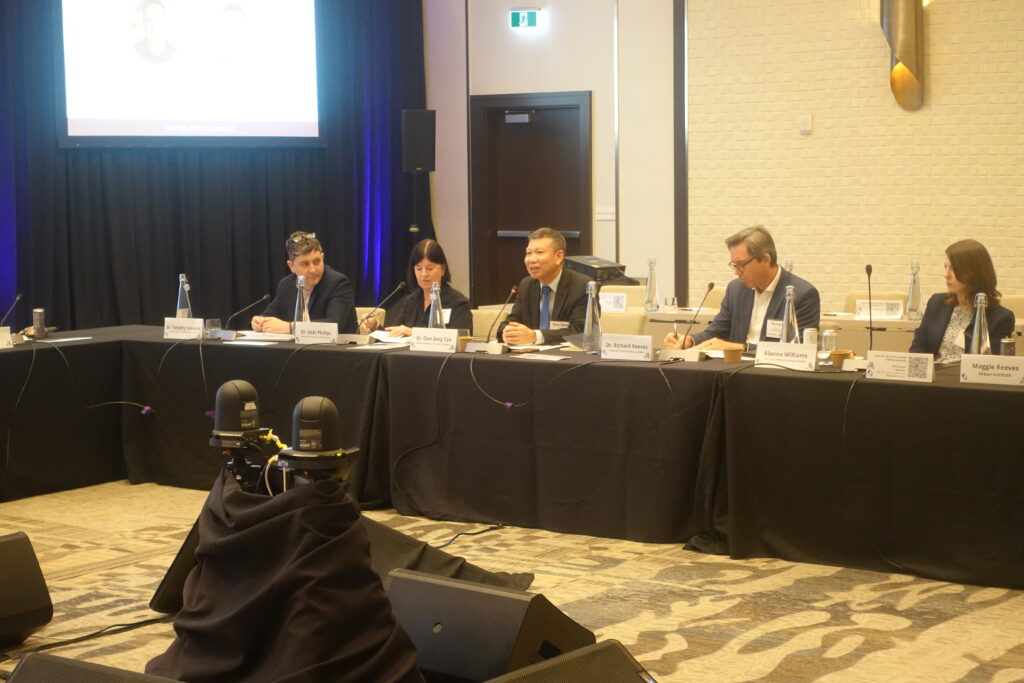
Supporting teachers is critical to the system’s success. Singapore supports educator career growth by offering 100 hours of professional development per year. Beyond training, Dr. Tan is focused on “trying to boost the image of the teachers.”
“One of the things I constantly champion is the image and the identity of the teacher,” he said. “The idea is that we want to make sure that teaching is [seen as] a profession – drawing from the ideas of the medical profession and the legal profession. The teacher, as a profession, is the champion of the learner. It is to the advantage of the society to always value the image of the teacher because it symbolizes learning and the preservation of tradition… The teacher is the curriculum. I repeat again, the teacher is the curriculum.”
Equipping teachers with the skills and support to advance character education is especially important when it comes to navigating challenges posed by generative AI, Dr. Tan emphasized.
“Gen AI is going to be so pervasive,” he shared. “The challenge to our teachers is, how do you use generative AI … to assess students and really make them think and design. It goes back to my point about redesigning learning and giving students problem-based tasks where they then share ‘how I use Gen AI, what I use Gen AI for.’”
In addition to instructing students in how to spot misinformation, he advocates an approach that “strengthens the factor of being human” to help students harness AI effectively. Dr. Tan shared the HIGHER model:
Helicopter thinking: “What is the bigger picture?”
Inferential logic: “Not just logic, but inferential logic that goes beyond what a computer can do”
Generative: “To be more generative than the machine, it’s very important to have creativity”
Human-centric: “What is it that makes us human?”
Ethics: “Making principled decisions in the use of AI, with awareness of consequences and responsibilities”
Reflection: “Machines don’t reflect the way humans reflect”
Whether in teacher preparation, character education or AI instruction, a common thread runs through Singapore’s education initiatives. Dr. Tan calls it “the fueling of competence.” And it’s the same common thread that weaves through Let’s Get Ready!.
“There’s a lot of preoccupation with grades, so it’s very important to shift away, to look at education in a much broader way,” Dr. Tan concluded. “How are students experiencing learning? For goodness’ sake, bring the real world to the kids. Design lessons in real-world learning. [Through apprenticeships and work-based learning], work with the community such that learning can be real.”
Learn more about the initiative here, and watch the full session below.

